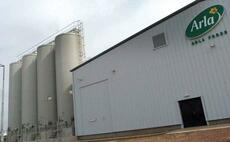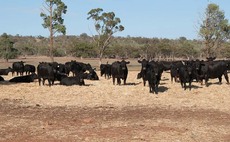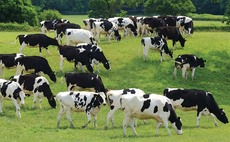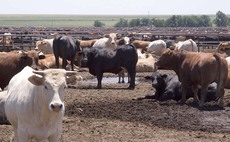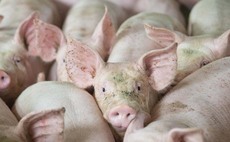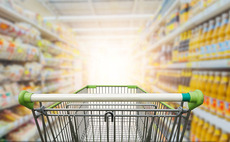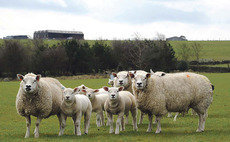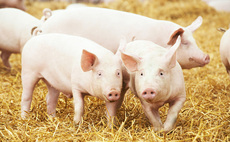Prices & Trends
Arable
A spread to watch as we head into new crop will be the imported maize price compared with domestic feed wheat delivered to feed mills.
Livestock
Arla farmers are set to see a 0.63ppl price cut in July after the co-operative warned it was still feeling the effects of a demand shortage caused by the coronavirus lockdown.
Livestock
Australia has lowered its forecast for beef exports to China by 1.5 per cent for the 2020/21 season due to ongoing trade tensions between the two countries.
Dairy
The dairy market has been amongst the most volatile since the beginning of the Covid-19 crisis.
Livestock
The US’s largest beef processors have been ordered to provide information in relation to anti-competitive practices during the pandemic.
Farm Business
Non-Chinese Asian markets could provide major opportunities for British red meat exports, an online AHDB seminar heard.
Farm Business
Food price rises will be inevitable if the UK Government maintains its proposed global tariffs in a no-deal Brexit scenario, a leading trade expert has warned.
Livestock
New season lambs fell by 5 per cent to 249p/kg in the week to May 27 and old season prices were 11 per cent lower at 187p/kg.
Farm Business
Scotland’s pork industry appears to have weathered the Covid-19 storm better than its counterparts in the United States and Ireland.
Livestock
Efforts to promote steaks from all parts of the supply chain have begun to bear fruit, with sales up 20 per cent year on year.

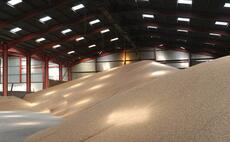
 25 June 2020
•
7 min read
25 June 2020
•
7 min read
